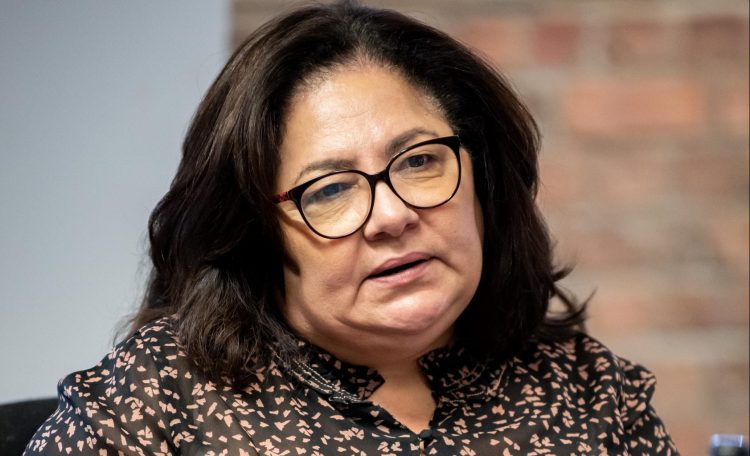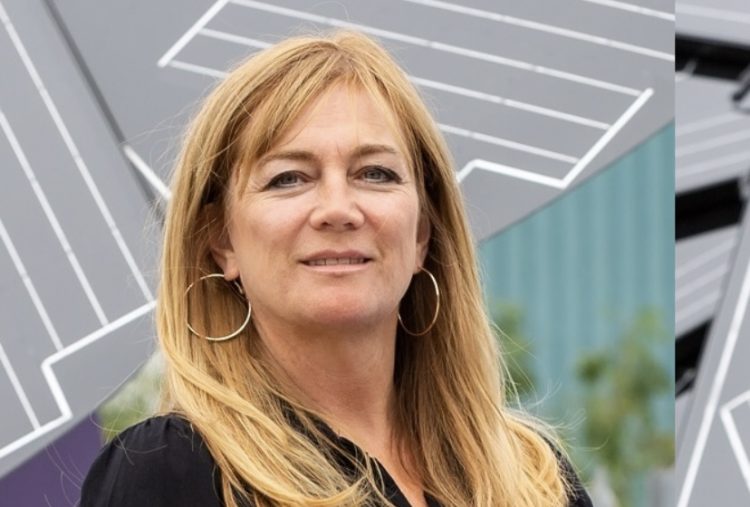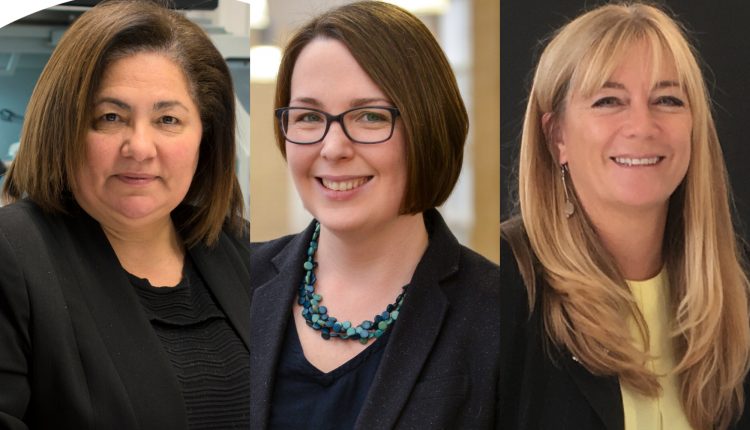City region female engineers on zero carbon mission
Women-led engineering firms in Liverpool city region slash their carbon emissions thanks to a university-led business support programme. Tony McDonough reports

Engineering businesses led by women in Liverpool city region are leading the way in efforts to decarbonise their operations.
Autentica Parts, led by Irma Gilbert, and Mole Group Utilities, run by Lisa Furlong, have both sought assistance from the £5.2m Low Carbon Eco-Innovatory (LCEI). It was launched in 2015 and is headed by Lancaster University.
LCEI is funded by the European Regional Development Fund. Lancaster University partners include Liverpool John Moores University and the University of Liverpool. In May LBN reported how it had helped 22 Liverpool city region businesses slash 170 tonnes of CO2.
Men still dominate the engineering sector. Women account for only around 20% of people working in the industry. This number gets even smaller when the focus is on women actually running engineering businesses.
Autentica Parts, based in Liverpool, is a platform which allows engineers to share designs for parts and components. They can be 3D printed by customers anywhere in the world. It is the brainchild of Irma Gilbert.
She developed the concept with the help of Lancaster University through LCEI. Her research and development was accelerated using a fully-funded intern. They helped create a prototype for the platform which now boasts customers in Europe, the Middle East, Asia and South America.
It is now utilised in sectors including automotive, electronics, consumer goods, medical services, heavy machinery and energy.
This platform is decarbonising the manufacturing supply chain. It is reducing customer transportation and logistics costs by 70%, delivery times from three months to 24 hours, and CO2 emissions by up to 40%.
Irma now has a team of four and is forecasting a turnover of £6m by 2025. She said: “As a woman at the forefront of the Fourth Industrial Revolution I needed someone to believe in my ambition.
“I saw a transformational opportunity to create a marketplace where engineers could share their designs for parts and components.This could then be uploaded to a platform, licenced and downloaded by customers anywhere in the world for additive manufacture.
Lisa Furlong, managing director of construction-based civil engineers Mole Group Utilities, based on the Wirral, has also benefited from LCEI.
Mole Group has already pioneered its horizontal directional drilling (HDD) technologies to excavate underground pathways for cables, pipes and network links. Lisa used a funded internship to develop a marketing and communications plan which demonstrated its environmental credentials.


LCEi is delivered by Lancaster University’s Centre for Global Eco-Innovation which is led by Jess Davies, a professor in sustainability. She added: “Engineers bring problem-solving skill sets to the table.
“These are really important to developing sustainable practices, products or services across many areas. These include traditional areas such as energy, transport and wastewater. But they also have much to offer other challenges such as supporting biodiversity.
“One of the main challenges for women starting out in engineering is seeing it as a profession for them – having great female role models is incredibly important.
“Irma and Lisa are great examples to show what women can achieve in engineering. We are thrilled to hear that the kind of access to opportunities, resources and support we have offered through our programme has helped with their development as eco-innovation leaders.”

